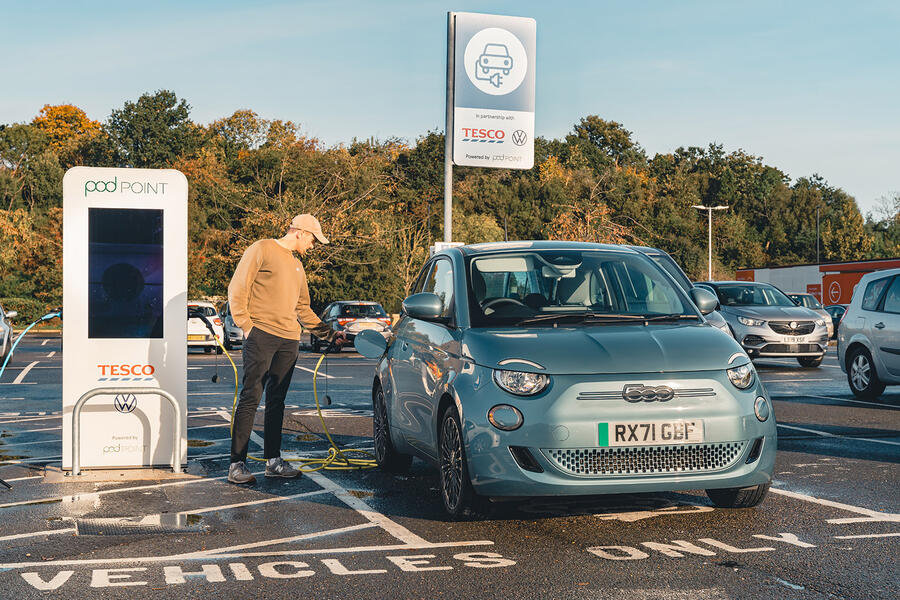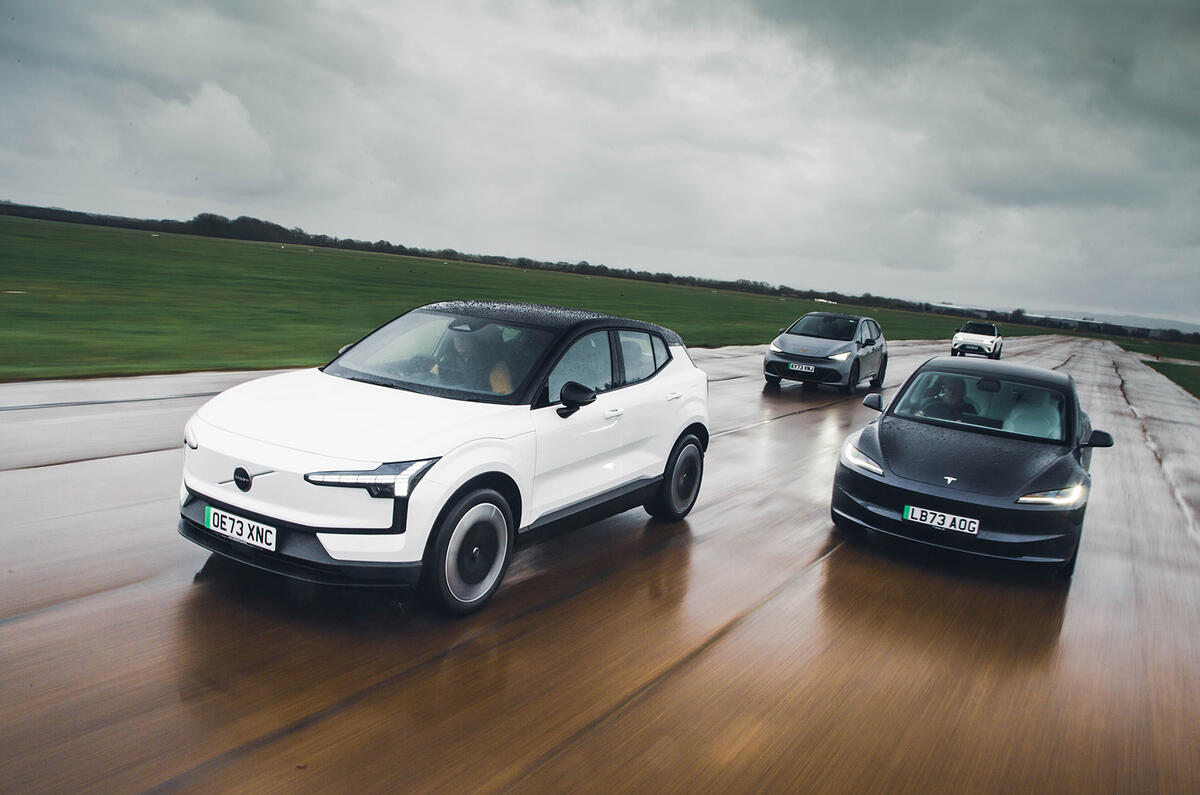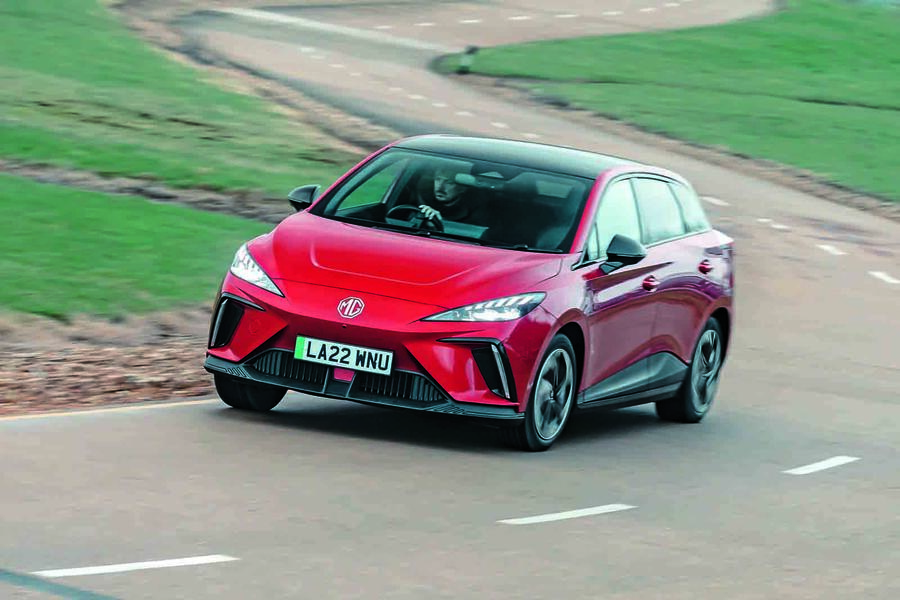Despite generous sales incentives, many electric cars are more expensive than their petrol equivalents. But a long-established workplace scheme called salary sacrifice is making them more affordable.
With this, an employee agrees to deduct a portion of their gross or pre-tax salary each month to cover the cost of a benefit or item provided by their employer. In the case of an EV, this arrangement can save an employee up to 60% of the cost of funding the vehicle themselves from their taxed income.
At first, companies were slow to offer EVs on salary sacrifice but, according to a recent industry survey, more than a third of companies are now doing so.
What is salary sacrifice?
It as an arrangement between an employee and their employer where the former agrees to give up or 'sacrifice' a proportion of their gross or pre-tax salary, in exchange for a non-cash benefit selected, approved and offered by the employer to the employee.

Where it is offered by an employer, salary sacrifice also allows a company employee to lease a new car partly out of their gross salary. For the employee, the benefit is a new car at significantly less cost than one they could source and finance themselves out of their net pay, while for the employer it is being able to offer an additional retention and recruitment incentive to employees, although if the scheme reduces an employee's salary below the minimum wage, it cannot be offered.
How is salary sacrifice calculated?
On a car lease costing £600 per month (including maintenance, tyres and insurance), for example, an employee taxed at 40% pays £240 in income tax, an amount that is then deducted from the lease charge, meaning the car actually costs them £360 from their take-home salary.
Are there any extra costs with salary sacrifice?
Although the employee is paying the monthly lease charge on the car, it is actually provided by their employer via the leasing company supplying it. For this reason, it attracts benefit-in-kind tax since the Inland Revenue regards the vehicle as a taxable perk. However, the attractive thing about electric cars, and why they are so popular on salary sacrifice, is that their tax rate is very low.






Join the debate
Add your comment
Salary Sacrifice should be classed as a private lease. The car is chosen by the individual and paid for from the individual's gross salary. It is not a 'fleet' sale. The SMMT is currently under-reporting the proportion of private EV leases because of this error.
One word of caution.
If you change jobs then you unlikely to be able to continue the lease and will be at the mercy of early termination terms.
The lease is taken in the name of the company and rarely transferable. The employee is in quite a weak position.
Stelliantis, for example, charge 96% of the outstanding lease cost to terminate early. The real kick is that this is 96% of the gross amount.
My wife has just changed jobs with 9 months left on an e-C4 and had to pay £3500 to terminate and she had no other option.
@finecitytomSome Salary Sacrifice schemes protect you from redundancy or moving job. The car goes back to the leasing company and you just stop paying for it. This is much better than being left with private lease payments. Also, there is no initial deposit with Salary Sacrifice.
Salary sacrifice isn't enough, we want sensible pricing too!
I for one am perfectly happy with my two petrol cars which are fun to drivce, reliable, no longer depreciating...oh and will go at least 400 miles on a tank of fuel.
Don't get me wrong, I'd love an electric car but am content to wait for the technology to mature and for prices to drop. Happy to be a late adopter!
@LP in Brighton Don't delay buying an EV, you are missing out on superior technology and a better driving experience. Plus much lower running costs. Try some EV test drives asap.